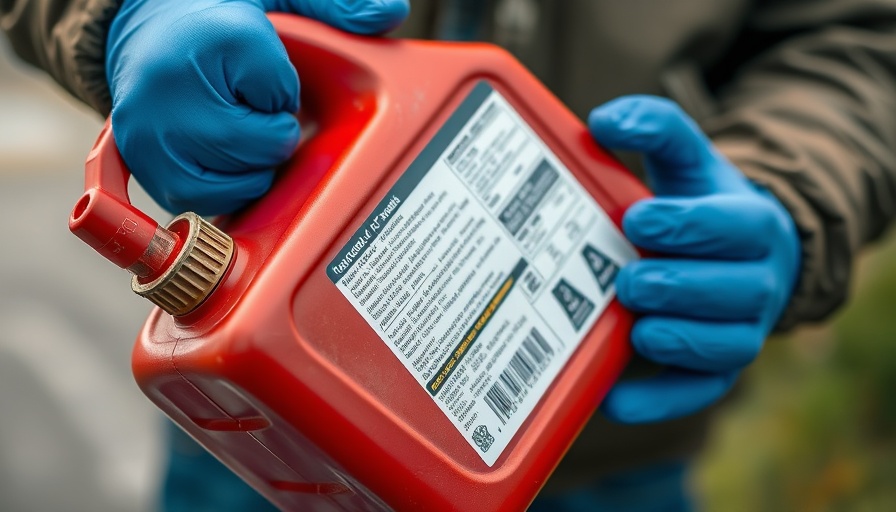
Spray Painting 101: Mastering the Basics
When it comes to achieving a flawless spray paint job, you'll find that preparation and technique are two key elements that can make or break your project. As any seasoned DIY enthusiast will tell you, it's essential to start with a clean workspace and make sure you have all your supplies ready before you even think about picking up that spray can.
The Importance of Prepping Your Surface
Before diving into your spray painting project, inspect your item closely. If the piece can be taken apart, do so to ensure that every nook and cranny gets the attention it deserves. But remember, a solid strategy is vital. Mark where each part belongs so reassembly is a breeze.
Follow Manufacturer Instructions for Best Results
It may seem mundane, but the directions printed on the spray can are there for a reason. Each paint has specific guidelines regarding the application and drying process. Adhering to the manufacturer’s recommendations can mean the difference between a paint job that looks professional and one that falls flat.
Key Techniques for a Smooth Finish
A successful spray-painting job isn't just about slapping on paint; it’s about mastery of technique:
- Start with a Tack Coat: This initial light mist sets the stage for the paint to adhere better and grips firmly.
- Vary Your Directions: To avoid troublesome zebra stripes, switch the direction of your spray as you apply each layer. This ensures even distribution and coverage.
- Multiple Light Coats: It might take a bit more time, but applying several thin coats rather than a couple of heavy ones will result in a more professional finish. Resist the urge to flood areas that seem undercoated; patience pays off.
Maintenance: Keep Your Nozzles Clean
After your paint job, maintenance plays a crucial role in ensuring your next project goes smoothly. Remember to clean out the nozzle by inverting the can and spraying until no more pigment emerges. If clogged, try swapping with a good nozzle from another can. This simple act can save time and frustration for your next spray painting endeavor.
Create the Perfect Environment for Spraying
Dust and debris can ruin a perfect paint finish. A cardboard box works well for smaller items, while larger projects may require a makeshift spray booth. Remember, cleanliness is next to charm in spray painting!
Conclusion
With these essential tips, you're now equipped to take on your spray-painting projects with confidence. Whether you're rejuvenating furniture or adding flair to decor, proper preparation, application techniques, and maintenance guarantee success. Enjoy your DIY journey safely and creatively!
 Add Row
Add Row  Add Element
Add Element 


 Add Row
Add Row  Add
Add 

Write A Comment